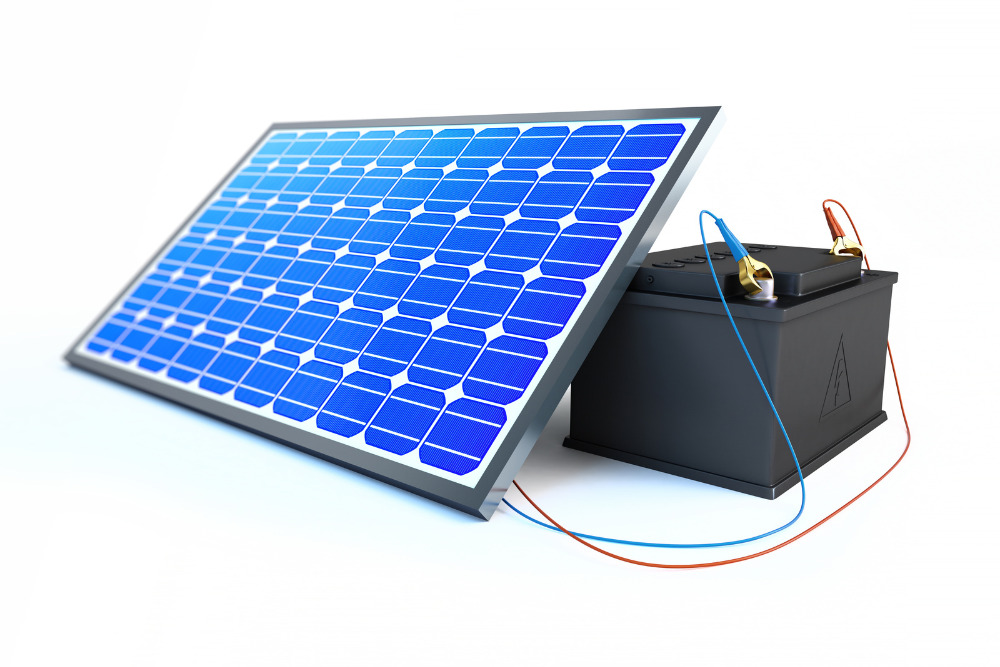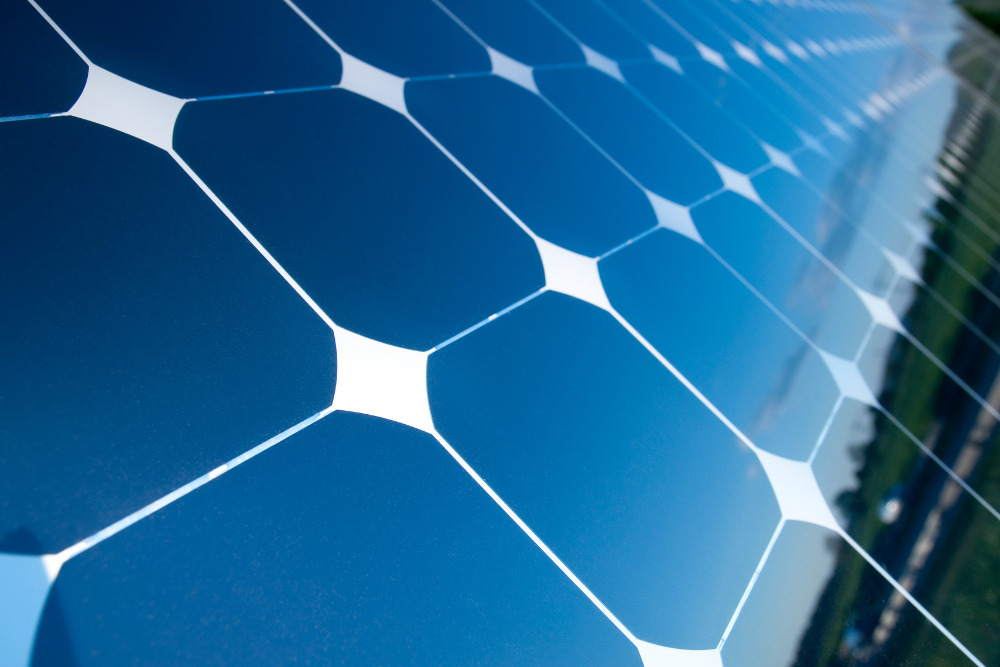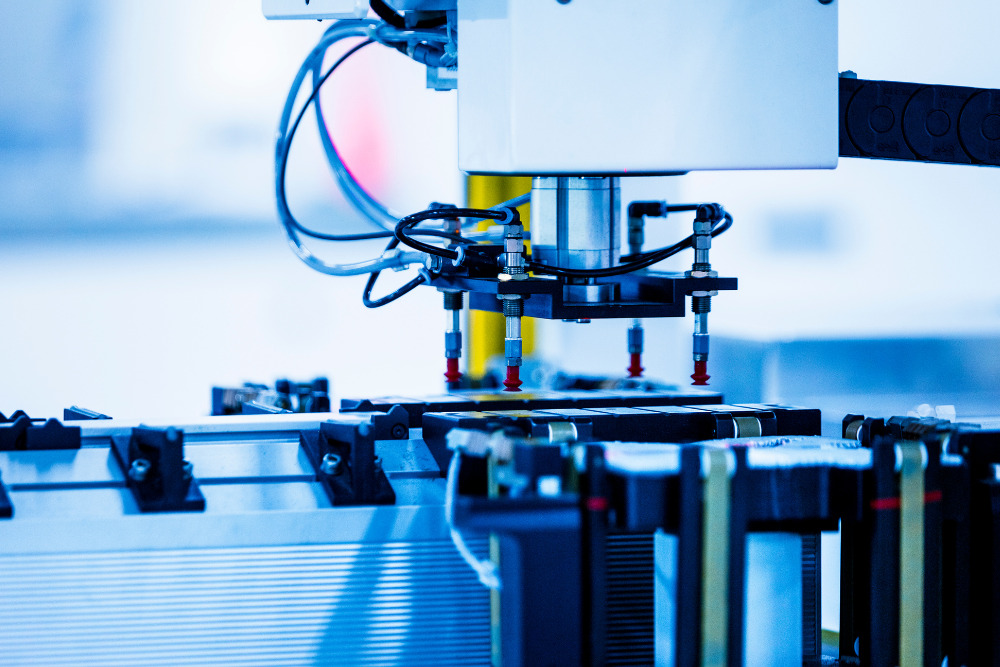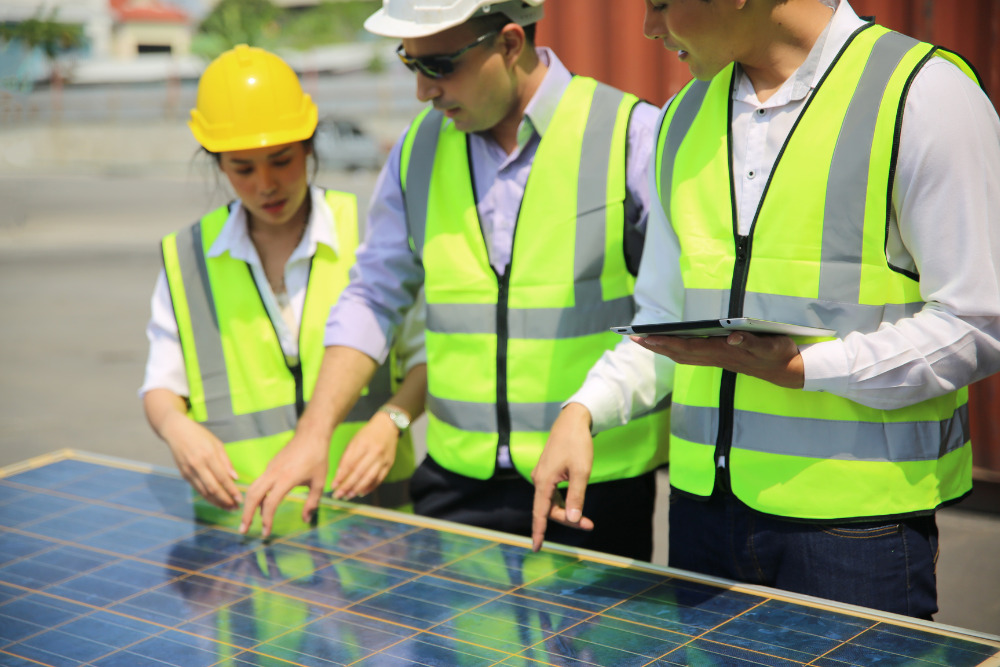
Solar panel standards define requirements for product design and materials, while certifications confirm that products meet these standards after undergoing rigorous testing.
The solar panel market is fast-growing, thanks to the high demand for clean, renewable energy resources. Choosing a solar panel brand can be challenging with the vast selection of manufacturers, but you can have peace of mind when you choose panels that meet the industry’s strict standards and certifications to ensure safety, quality, and performance.
Why Does The Solar Industry Need Standards And Certifications?
Standards and certifications in the solar industry ensure solar products' safety, quality, and performance.
Standards outline minimum requirements for product specifics like design qualification and materials used. They're issued by regulatory authorities, such as the International Electrotechnical Commission (IEC) and the International Organization for Standardization (ISO). Manufacturers that meet these standards receive a certification that confirms their product is reliable.
Quality Assurance
Like any other competitive sector, the solar energy industry requires standards and certifications to prevent the release of sub-standard products into the market. Solar products must undergo thorough testing to determine if they meet the set standards. A high-quality solar module that meet’s the industry’s standards enhances a manufacturer's credibility and the users' confidence that it will meet their energy needs.
Safety and Reliability
Solar product safety is crucial since faulty electrical components can cause fires or electrocution. Safety standards also ensure stability since most photovoltaic systems are integrated into the local utility grid.
Reliability standards ensure the solar panels meet the user's expectations. For example, a high-quality solar panel doesn't break easily during bad weather conditions like storms, hail, and wind.
Performance
A solar product should perform at its maximum capacity to meet the consumers' energy needs. Solar panels are tested for performance in Standard Test Conditions (STC) or similar laboratory conditions across the solar industry.
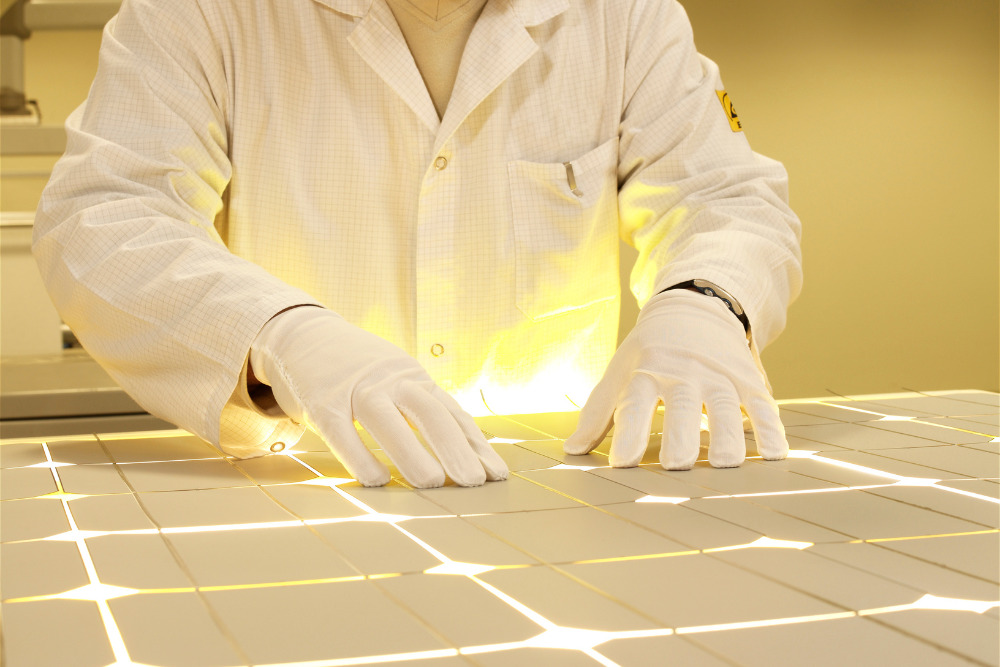
Types of Solar Panel Standards & Certifications
Solar panel standards and certifications have increased in recent years following technological advancements and new business opportunities. These industry-specific standards and certificates are issued by entities at international, national, and state levels.
Common types of solar panel standards and certifications in the U.S. include:
International Electrotechnical Commission (IEC)
The IEC provides international standards for electronic devices, including solar panels. The nonprofit doesn't test products but gives guidelines for other testing facilities to follow when testing electronic devices.
IEC standards for PV systems include:
- IEC 61215 (Standard for crystalline silicon terrestrial PV modules) gives guidelines on solar panel mechanical load, climate, and electrical characteristics tests. It also determines performance metrics for monocrystalline and polycrystalline solar panels, including maximum output and open-circuit voltage.
- IEC 61646 (Standard for thin-film PV modules) is similar to IEC 61215. But it specifies minimum requirements for thin-film solar panels. These PV modules are tested for damage from temperature and irradiance exposure.
- IEC 61701 (Salt mist corrosion testing) determines a solar panel's resilience in salty and humid conditions (like at the coast). A module will pass this test if it shows no damage after several salt sprays in controlled conditions.
- IEC 61730 (Standard for PV module safety) determines if a solar module is safe for installation. For instance, it shouldn't show any electrical, mechanical, or thermal hazards.
- IEC 62716 (Ammonia corrosion testing of photovoltaic (PV) modules) tests a solar module's resilience against ammonia damage. Homeowners looking to install PV systems near farms should check if they've passed the IEC 62716 test.
- IEC 60068-2-68 (Blowing sand resistance testing) determines if a solar panel can withstand desert or sand environments. Hence, a module that passes this test shows no physical damage after exposure to abrasive sand.
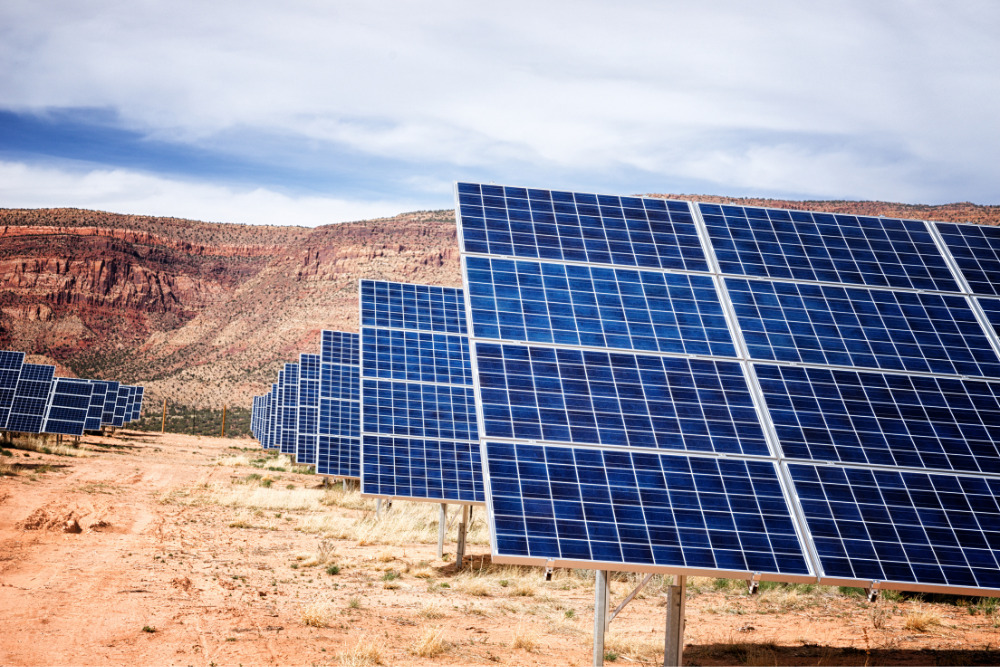
Underwriters Laboratories (UL)
An independent and private safety certification company in the U.S., Underwriters Laboratories (UL) tests and certifies many products, including solar panels and other electrical appliances. UL is a Nationally Recognized Testing Laboratory (NRTL), so its certification mark on products attests to their adherence to industry standards.
UL's tests and certification programs are based on the National Electrical Code (NEC) and Model Building Codes.
UL certifications include:
- UL 1703 (Standard for flat-plate photovoltaic modules and panels) confirms that solar modules have met safety and performance standards, earning the 'UL listed' certification mark. The testing criteria for this certification include the solar panel’s resilience to harsh climatic conditions and posing no mechanical, electrical, or fire hazard.
- UL 61730 (Photovoltaic module safety qualification) is a recent system certification combining IEC 61730 and UL 1703 standards and testing processes. It affirms that solar panels have met international safety and performance standards.
Photovoltaic Global Approval Program (PV GAP)
PV GAP is a Geneva-based global organization launched in 1997 after proposals by stakeholders, including PV manufacturers, the World Bank, and governmental and non-governmental organizations. The entity provides PV quality standards and certification procedures globally.
PV GAP collaborates with IEC to ensure solar systems' quality, safety, reliability, and performance. PV products that pass tests under PV GAP's testing standards obtain a quality seal of approval.
TÜV Rheinland
TÜV Rheinland is a German company that tests and certifies that technical products like solar photovoltaic modules and processes meet national and international standards. It also provides consultancy services, solar installer training, inspection, and supervision of PV power plants.
TÜV Rheinland ensures PV systems' quality, reliability, and performance through various services, including the following:
- PV module testing and certification: comprises solar panel stress tests, quality assurance measures, and value-added services (such as energy yield tests and quality-controlled PV).
- Energy rating and yield measurements for PV modules: assesss how much energy solar panels generate and the effect of factors like temperature, angle, and irradiance on module performance.
- Testing and certification of photovoltaic components: determines if solar panel components like inverters, junction boxes, and connectors adhere to safety and quality standards.
Why Choose Certified Solar Panels
Solar panels are here to stay as the world shifts to using renewable energy. Choosing certified solar panels is essential for anyone planning to install a PV system, whether residential or commercial.
Here are the benefits of certified solar panels:
- They are safe and reliable. Solar panels that pass rigorous safety tests demonstrate that users won't be exposed to hazards like fire and electrocution. They're reliable since they meet consumers' needs without posing any mechanical or electrical danger.
- They will perform as expected: Certified solar panels have passed performance testing procedures, showing they are high-quality and energy-efficient. They guarantee a long-term supply of solar energy since they're durable.
- They have a reduced risk of failure: Certified solar panels can function in harsh conditions like extreme weather. When exposed to harsh conditions like high ammonia concentrations or abrasive sand, these modules will not show physical damage.
- They're cost-effective: Since certified solar panels are durable and have high energy efficiency, they guarantee a return on investment after their payback period. The solar owner enjoys reduced (or zero) energy bills as long as the panels can produce solar power.
